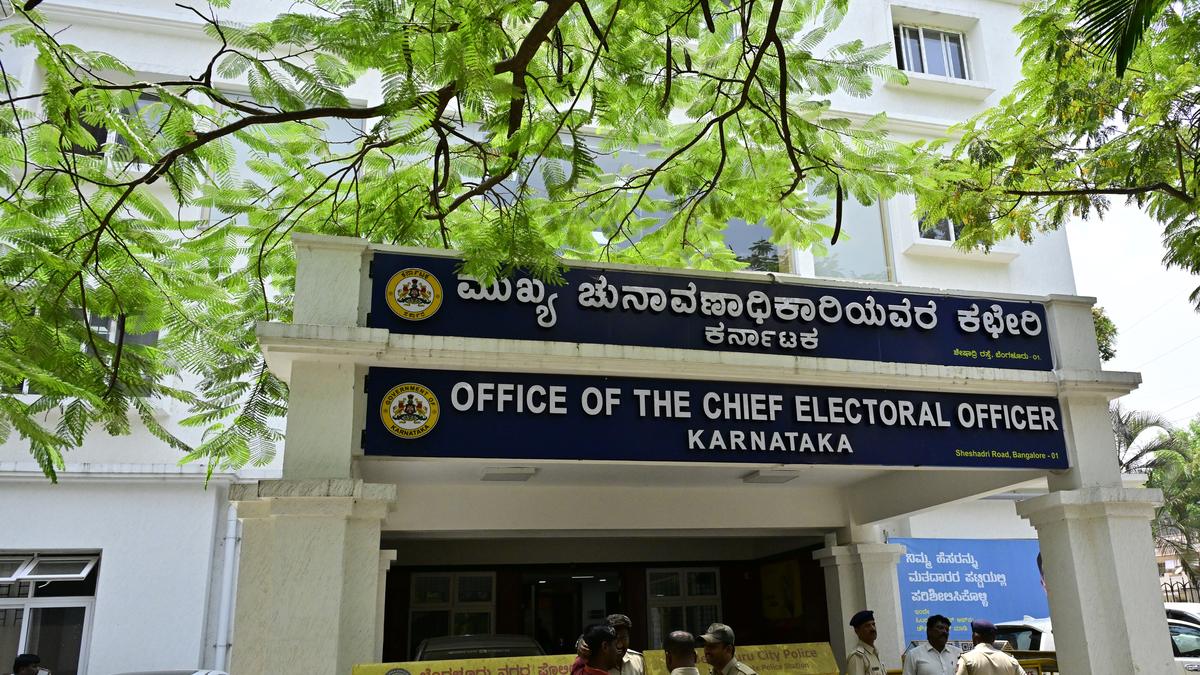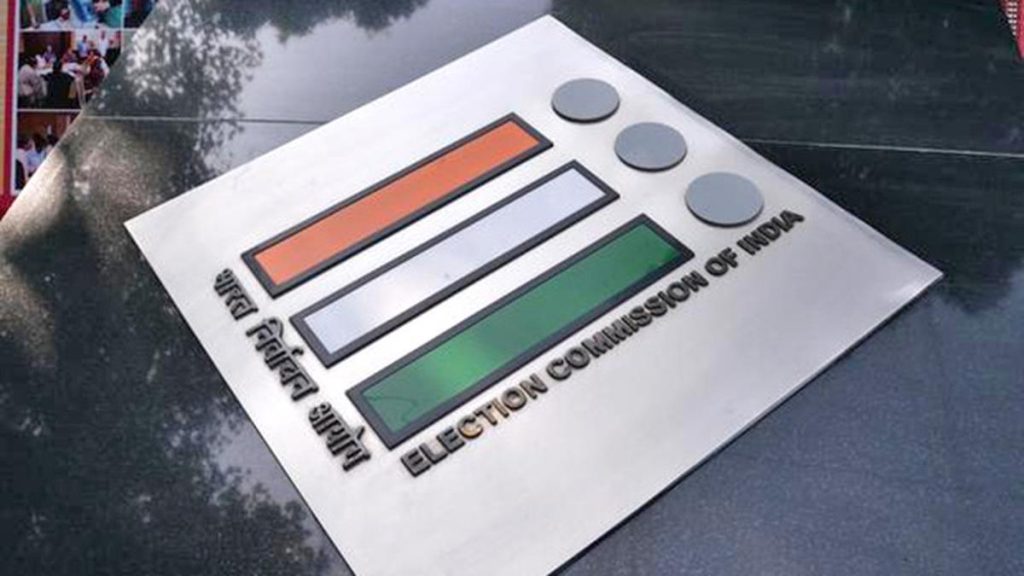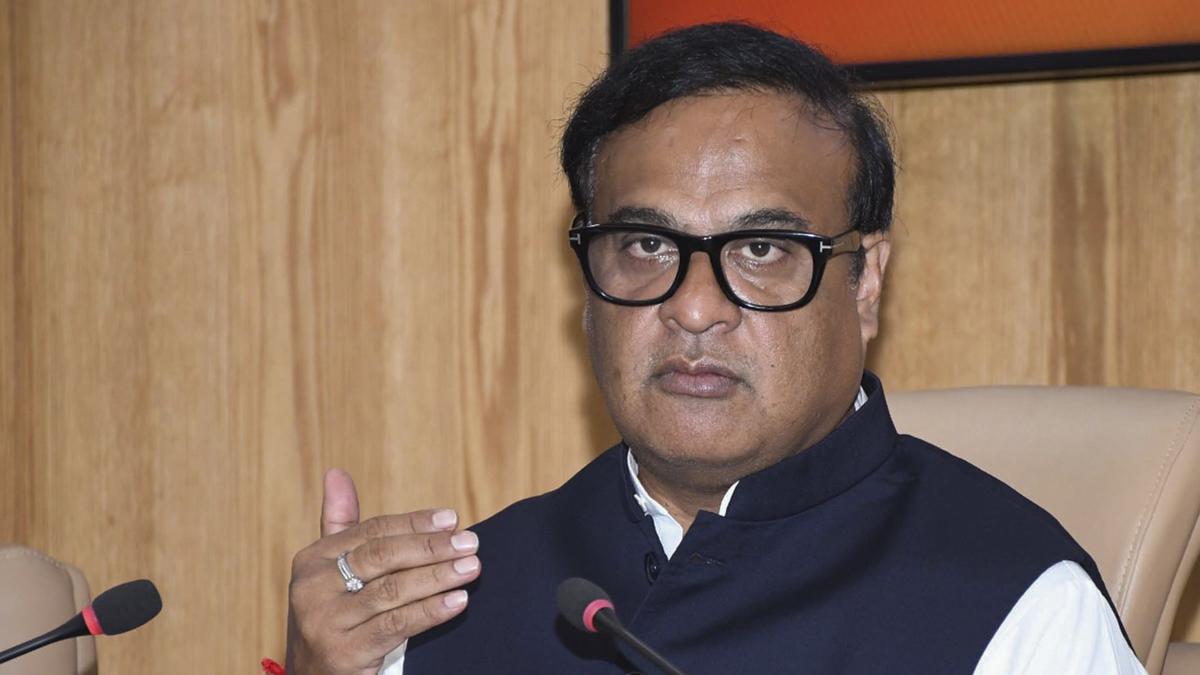Now Reading: Aland Voter Deletion: CEO Confirms Data Shared with Police
-
01
Aland Voter Deletion: CEO Confirms Data Shared with Police
Aland Voter Deletion: CEO Confirms Data Shared with Police

Quick Summary
- Issue: Allegations of vote fraud in the Aland Assembly constituency, Karnataka, in 2023 led to an investigation by the Criminal Investigation Department (CID).
- Rahul Gandhi’s Claim: The Leader of Opposition alleged that the Election Commission of India (ECI) blocked the probe by withholding critical data needed for investigations.
- CEO Karnataka Response: The Chief Electoral Officer (CEO) claimed key information was handed over on september 6, 2023, including data like objector details and IP addresses but excluded “destination IPs and ports” requested repeatedly by CID.
- CID Communication: CID sent 18 letters requesting destination IPs and ports but has received no response from ECI. These details are essential for geolocating devices used in unauthorized Form 7 applications.
- Scale of Fraud Alleged:
– December 2022 saw mass online submissions (6,018 Form 7 applications) requesting deletion of names from electoral rolls; only 24 were deemed genuine after verification.
– FIR alleges illegal deletion of approximately 6,670 votes across booths based on former MLA B.R. Patil’s complaint.
Indian Opinion Analysis
The case underscores serious questions about electoral integrity and cybersecurity preparedness within india’s voting system.While the CEO insists that relevant data has been shared with investigators,CID’s repeated requests for essential destination IPs point to unresolved gaps affecting investigative progress.Dynamic IPs alone do not provide sufficient clarity to locate culprits behind potentially forged voter deletion applications.
For India’s democracy,upholding clarity in electoral processes is paramount. This incident highlights weaknesses in safeguarding digital platforms used for electoral operations and raises concerns over coordination between institutions like ECI and police agencies during investigations into alleged fraud cases.
If substantiated further, such allegations could erode public trust not just in electronic voting mechanisms but also governance systems overseeing them. Strengthening institutional accountability might potentially be necessary to prevent similar disputes moving forward.
Read More at source
























